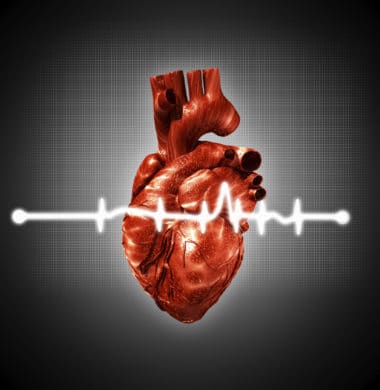What to Expect with Afib

As your Denver Cardiologists, we get a lot of questions about atrial fibrillation. In particular, when patients are first diagnosed, it is important to know what to expect with AFib. Today, we take a look at some common symptoms as well as what you can and cannot do.
Symptoms of AFib
First of all, we know that AFib can be scary. And, like anything with the heart, it needs to be treated promptly as it can be life-threatening. Some of the immediate symptoms you may notice are a skipped heartbeat or a “thud” followed by your heart racing for an extended period of time. Others describe heart fluttering or jumping. You may also find your pulse is weak or erratic. For others, atrial fibrillation is subtle and you may find yourself weak, tired, or consistently short of breath even when doing the simplest of tasks.
If you feel as though you have any of these symptoms, it is important that you contact your doctor and let them know. The sooner you are checked, the less damage AFib will do. Most of the time, a simple EKG or ECG test can reveal if you have AFib or not. Sometimes, if you have intermittent episodes, you may have to wear a portable heart monitor for a couple of days.
Options to Treat AFib
There are a lot of options when it comes to treating AFib, and they vary depending on overall health. For some AFib can be treated with medication.
If medication does not work, the next step could be a catheter ablation. This procedure is used to electrically isolate pulmonary veins and cut off the AFib signal to your heart. Most of the time, ablations work, but it is not uncommon for patients to require multiple procedures.
Lastly, if the ablation fails to work, there are additional surgical and pacemaker options.
Living with AFib
When you have a history of AFib, it is important to have frequent check-ins with your doctor, monitor your activity, and do the following:
- Take your medication as prescribed – if you feel like you are having adverse side effects, let your doctor know
- Manage other health conditions – work to get your high blood pressure under control. Or, if you have sleep apnea, work with your doctor as this disorder has been linked to AFib.
- Heart-healthy diet – Some foods, especially caffeine and alcohol can trigger AFib. Maintaining a diet that is low in salt can help reduce AFib.
- Lose the Weight – studies find that lowering weight can ease the symptoms and episodes of AFib.
- Exercise – Talk with your doctor to find a routine. While a vigorous workout may not be a good idea, it is important to strengthen your heart and studies do find that those with AFib who exercise, are better able to manage their episodes.
- Destress – Excessive anger and anxiety can make AFib worse. Take time to walk, listen to music, read a good book, and exercise as these activities can reduce stress.
Give Us a Call
If you have questions about AFib and treatment options, please feel free to reach out to us at 303-744-1065. We also have a variety of classes each month on a wide variety of heart topics that you are welcome to attend.
- Can I Shovel Snow with a Heart Condition? - March 18, 2024
- 6 Tips for Resuming Outdoor Exercise this Spring - March 11, 2024
- Early Signs of Heart Disease - February 26, 2024
Sign Up
As with any health concerns, your specific treatment program should be discussed thoroughly with your primary care physician as well as any specialists who may need to be consulted – like a cardiologist.
Sign Up
